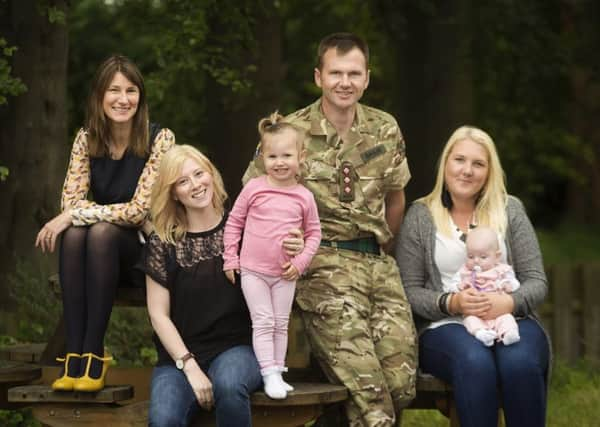Project to boost armed forces partners in business


The free ten-week course starts in August, backed by about £20,000 from the Armed Forces Covenant, and will be delivered by WES, supported by Royal Bank of Scotland, Business Gateway, the Army Families Federation and HIVE, the information network for all members of the service community.
The initiative hopes to help up to 70 spouses and partners receive support from WES “to generate a business idea, meet other like-minded women, and benefit from ongoing connections within the local business community”.
Advertisement
Hide AdAdvertisement
Hide AdWES chief executive Margaret Gibson said: “We want this project to serve as a pilot scheme in unlocking the talents of more women, with a view to rolling it out with the support of our partners and stakeholders throughout Scotland.
“We know that if the number of women-led businesses in Scotland increased to equal those of men, our national bank balance would be at least 5 per cent better off. That’s equivalent to a £7.6 billion boost to the economy.”
